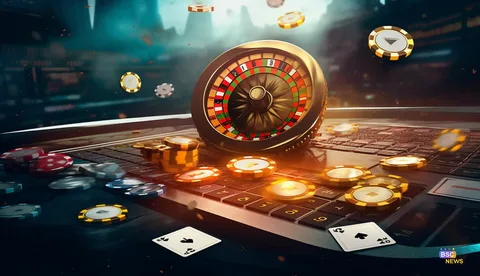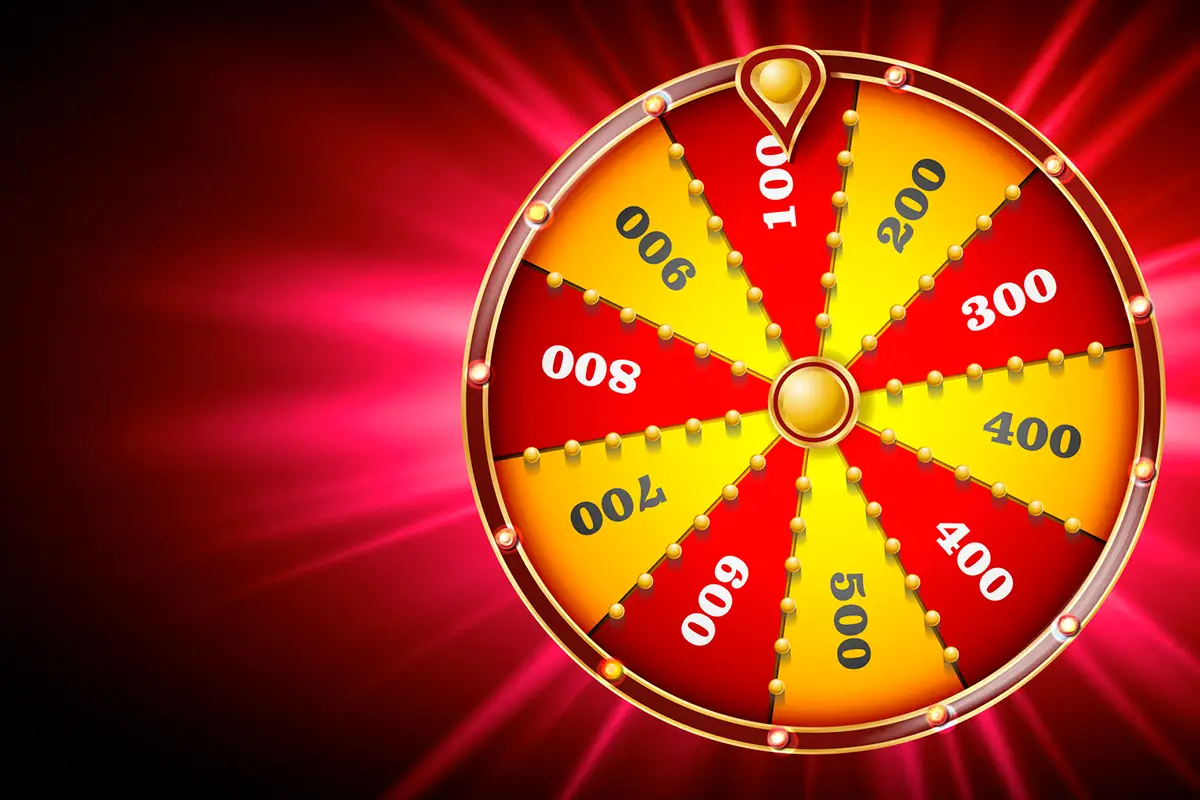Gambling is a word that always evokes associations with risk, high stakes, and gambling. Behind this concept lies an entire industry where economic interests intersect with psychology, and entertainment intertwines with strict rules. To understand the depth of the phenomenon, it is necessary to consider not only what gambling is. But also to compare it with betting, evaluate the differences, study the types of gambling entertainment, and analyze the key mechanisms governing this sphere.
Gambling is a gambling industry
Gambling for money forms a huge market where billions of dollars are at stake. Gambling is a system that includes casinos, online platforms, and offline clubs. Unlike betting, randomness is the main factor here, whereas in sports betting, forecasting and analytics play an important role.
Casino games are based on probability mechanics. Roulette or slots are determined by chance, while poker and blackjack add an element of strategy and skill. The general principle remains unchanged: the player takes risks, manages their bankroll, and hopes for a win.
Gambling and betting: differences
Betting relies on statistical analysis, athletes’ form, and bookmaker strategy. Gambling is a space where not only intellect matters but also luck. Sports betting allows predicting outcomes, while in casinos, randomness dominates.
The differences can be illustrated by comparing a football match and roulette. In the first case, the forecast is based on goal moments, team composition strength, injuries, and form. In the second case, the number that comes up depends solely on the ball’s rotation and mathematical probability.
Types of gambling games in the gaming industry system
The modern gaming industry combines traditional and digital formats, creating a variety of scenarios for players. Each direction has its own balance of randomness, strategy, and engagement.
The most popular types of gambling games:
- Casino games. Roulette, baccarat, blackjack, and dice use randomness, but each discipline has its own rules and strategies.
- Slots. Automatic games with visual effects, where RTP (Return to Player) determines the mathematical return to players.
- Poker. An intellectual format where skills and strategy matter as much as the cards in hand.
- Lottery. Pure randomness, where the chance of winning is measured by statistics and mathematics.
Gambling entertainment is also developing in the online environment: hybrid formats combine classic casino mechanics with elements of betting, making the process more diverse and accessible.
Gambling is risk and calculation at the same time
Risk in gambling games always combines with calculation. Managing a bankroll forms the basis of a successful strategy. Mistakes in planning lead to losses, while a disciplined approach allows playing in the long term.
For example, with a $1,000 bankroll, a player sets limits: the bet should not exceed 2–5% of the total amount. This approach minimizes the risk of capital loss and allows enduring a series of unsuccessful rounds.
Gambling games as entertainment and business
The gaming industry is not only an opportunity to win but also a form of entertainment. Casinos offer not only slots or roulette but also an atmosphere of luxury where emotions are on par with mathematics.
From a business perspective, gambling games bring operators a stable income thanks to the establishment’s mathematical advantage. The RTP always remains below 100%, guaranteeing the casino profit in the long run. For the player, the task is to find a balance between entertainment and calculation.
Strategy and skill in gambling games
In poker, the skill of bluffing, reading opponents, and managing bets matter more than randomness. In blackjack, the proper application of rules, such as the “basic strategy,” reduces the casino’s advantage to 0.5%.
Even in roulette, where randomness is maximal, players use systems like the Martingale. But long-term calculations show that the mathematical advantage remains with the operator. Therefore, a strategic approach should include not only calculation but also emotional management.
Intellectual and entertaining aspect
Gambling is a phenomenon with a dual nature. On the one hand, the intellectual element is manifested in disciplines like poker or blackjack. On the other hand, gambling games serve as entertainment.
A person derives pleasure from the process where randomness and luck collide with calculation and forecasting. This balance makes the industry sustainable and attractive to millions.
Gambling is control and rules
Any system of gambling games is regulated by strict rules. Gambling is not chaotic betting but a sphere with a legal and technical basis. Every casino must license its activities, implement random number generators, and control RTP. These indicators build trust, reduce the risks of fraud, and make the process transparent.
Rules set boundaries: minimum and maximum bets, time limits, bankroll control methods. A player who understands these limits maintains discipline and minimizes the risk of capital loss.
Technologies and hybrid formats
Gambling is a dynamic industry that actively uses digital technologies. Online platforms introduce hybrid models: slots with betting elements, poker with the ability to predict tournament results, live games with real dealers.
For example, hybrid projects where slots are combined with the ability to bet on real-time events. This approach combines elements of entertainment and analytics, uniting different audiences.
Gambling games and the influence of randomness
Randomness plays a key role in most disciplines. In roulette, the probability of a number coming up is 1 in 37, in the lottery — millions of combinations against one ticket, in slots — programmed RTP.
However, even with a high role of randomness, strategy and management remain relevant. The player controls the bankroll, chooses discipline, and adjusts behavior. This approach turns the game into conscious entertainment rather than a chaotic process.
Forecast and bookmakers
Part of the industry intersects with the world of sports. Gambling is an environment where bookmakers use analytics, statistics, and forecasts. Unlike casinos, sports betting offers a chance to apply knowledge about teams, weather conditions, or players’ psychological state.
For example, with odds of 2.0 and a 55% outcome probability, a long-term strategy will bring profit. This requires strict calculation and the ability to manage the bankroll.
Entertainment and the psychological factor
Gambling is a form of leisure where emotions play as significant a role as strategy. The casino atmosphere, the lights of slots, the excitement of dice, and the tension in baccarat create a unique experience. Entertainment here combines with risk, and winning becomes a bonus to the process.
It is important to consider the psychological factor. Luck sometimes creates an illusion of control, but it is discipline, management, and understanding of randomness that determine the result.
Conclusion
Gambling is not just gambling games but an entire industry where randomness intertwines with calculation, strategy competes with luck, and entertainment combines with business. The differences from betting lie in the fact that in sports, bets are based on forecasts and statistics, while in casinos, the random number generator and the rules of a specific discipline determine the outcome. Conscious management, strategy, and understanding of probabilities make the process safer and more interesting.
 en
en  ru
ru  de
de  ar
ar  es
es  nl
nl  hi
hi  fr
fr  it
it  pt
pt  el
el 













